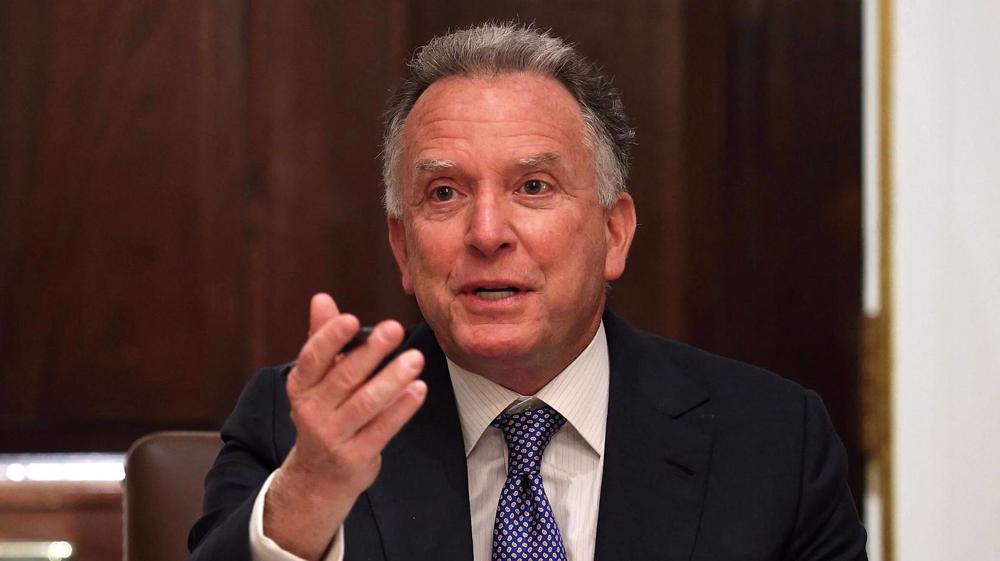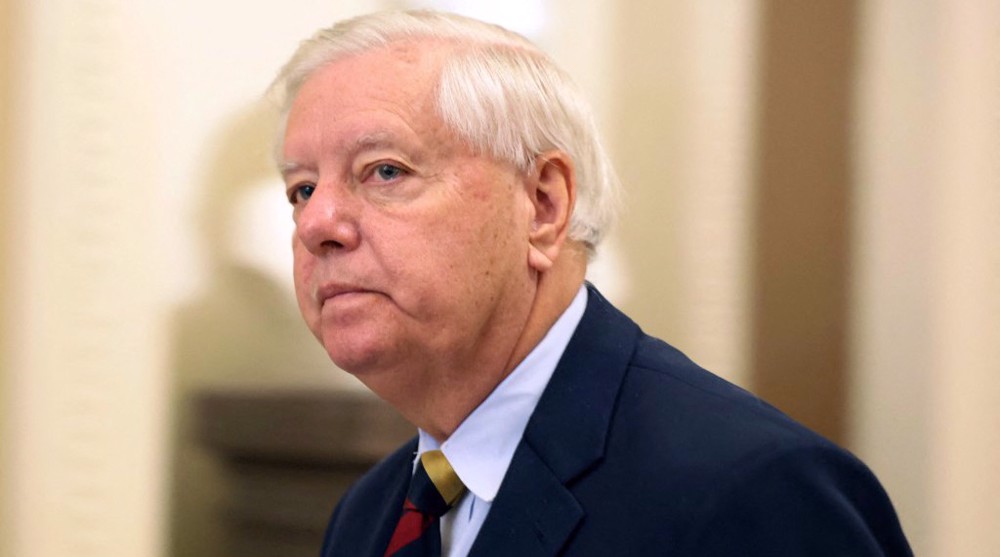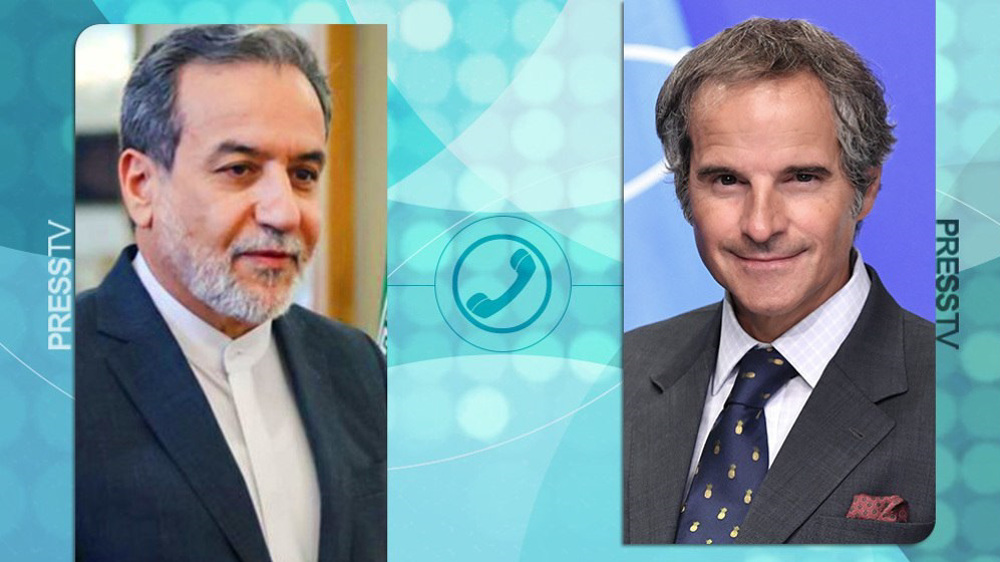Russia: Iran nuclear reaction consequence of US moves
Russia says Iran’s surpassing the 300-kilogram limit on its low-enriched uranium production came only as a consequence of the United States’ moves to betray its commitments to the Islamic Republic.
"It should be understood as the natural consequence of the events, which have gone before," Russian Deputy Foreign Minister Sergei Ryabkov said on Monday of the development reported by Tehran.
Earlier in the day, Iran’s Foreign Minister said the country had increased the production level as had been already announced by it. He, however, said the move fit within Iran’s rights under paragraphs 26 and 36 of a 2015 nuclear deal with world countries.
The agreement was reached between the P5+1 group of states — the United States, the UK, France, Russia, and China plus Germany — and Iran in July 2015. Washington, however, left the deal last May and reinstated the anti-Iran sanctions that it had lifted under the document.
Bowing to Washington’s pressure, Europe has also been throwing only verbal support behind the agreement ever since, refusing to guarantee the Islamic Republic’s business interests in the face of American bans despite being contractually obliged to do so.
On May 8, Iran notified its remaining partners in the deal that it would suspend the implementation of some of its commitments as a means of prompting the European side to honor its end of the bargain.
The warning shot saw the country stopping exports of its excess uranium and heavy water for a two-month-long period.
The measure was likewise taken in line with the Islamic Republic’s legal rights under paragraphs 26 and 36 of the nuclear deal, which is officially known as the Joint Comprehensive Plan of Action (JCPOA).
The country also cautioned that it would resume refining uranium to a higher fissile degree in 60 days if Europe continued to fail Tehran.
Last month, Iran’s top security official said the country was to begin suspending more of its commitments under the deal in early July, when the deadline expires.
Ryabkov denounced "unprecedented pressure" from the United States on the Islamic Republic. The White House had said earlier that it would continue to apply "maximum pressure" on Iran -- Trump administration’s trademark policy on the country -- "until its leaders alter their course of action."
The Russian official rated exceeding the limit on uranium production as “a cause for regret,” and called on Tehran to behave "responsibly," but warned “one mustn't dramatize the situation."
British Foreign Secretary Jeremy Hunt said Britain wanted to preserve the pact "because we don’t want Iran to have nuclear weapons.”
Iran has strongly rejected any ambition to obtain the weapons. A decree by Leader of the Islamic Revolution Ayatollah Khamenei has prohibited pursuit of nuclear arms as per religious teachings.
A spokesman for UN Secretary General Antonio Guterres said, "Such action by the Islamic Republic of Iran would not help preserve the plan (JCPOA), nor secure the tangible economic benefits for the Iranian people."
“If Iran breaks that deal then we are out of it as well," Hunt also added.
Tehran has said it would retract its measures as soon as the JCPOA’s other parties start meeting their nuclear commitments. "As soon as E3 abide by their obligations, we'll reverse," Zarif said, referring to Britain, Germany, and France.
Palestinians granted only 66 building permits in West Bank over 11 years: Report
Somaliland ready to give US access to its minerals, military bases: Minister
VIDEO | Iran's game changing retaliation boxes- part 1
VIDEO | Iran's game changing retaliation boxes- Part 2
VIDEO | Palestinian widow raises three kids in Gaza as her husband killed by Israel
Palestinian teen killed as raids and settler violence intensify across West Bank
Iran’s layered arsenal primed to deter – and decimate – US warships in Persian Gulf
Iranian commander dismisses US military buildup in West Asia as ‘theatrical gesture’














 This makes it easy to access the Press TV website
This makes it easy to access the Press TV website